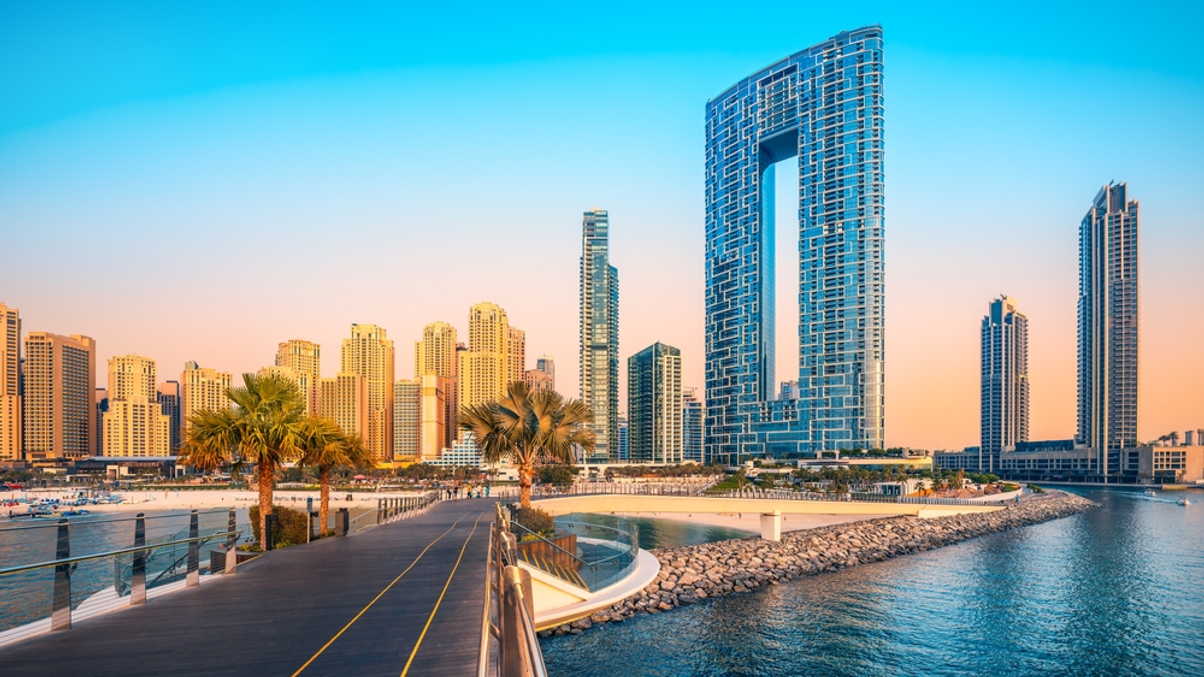Dubai VC arm targets investments in 100 startups in five years
Asian start-ups with established ties to the UAE can also be investment targets, a senior executive told AsianInvestor.

Dubai’s recently-launched venture capital arm, Oraseya Capital, intends to invest in over 100 start-ups within the next four to five years, a senior executive told AsianInvestor.
Sign in to read on!
Registered users get 2 free articles in 30 days.
Subscribers have full unlimited access to AsianInvestor
Not signed up? New users get 2 free articles per month, plus a 7-day unlimited free trial.
¬ Haymarket Media Limited. All rights reserved.


